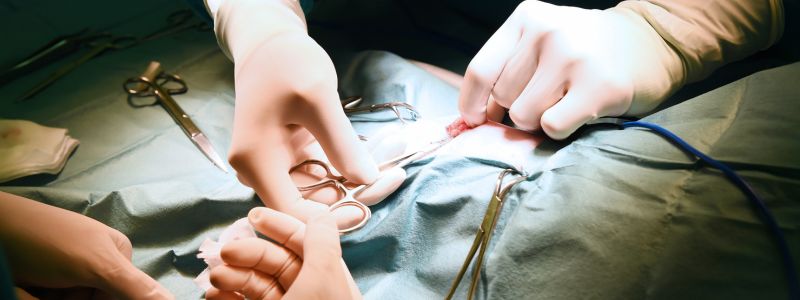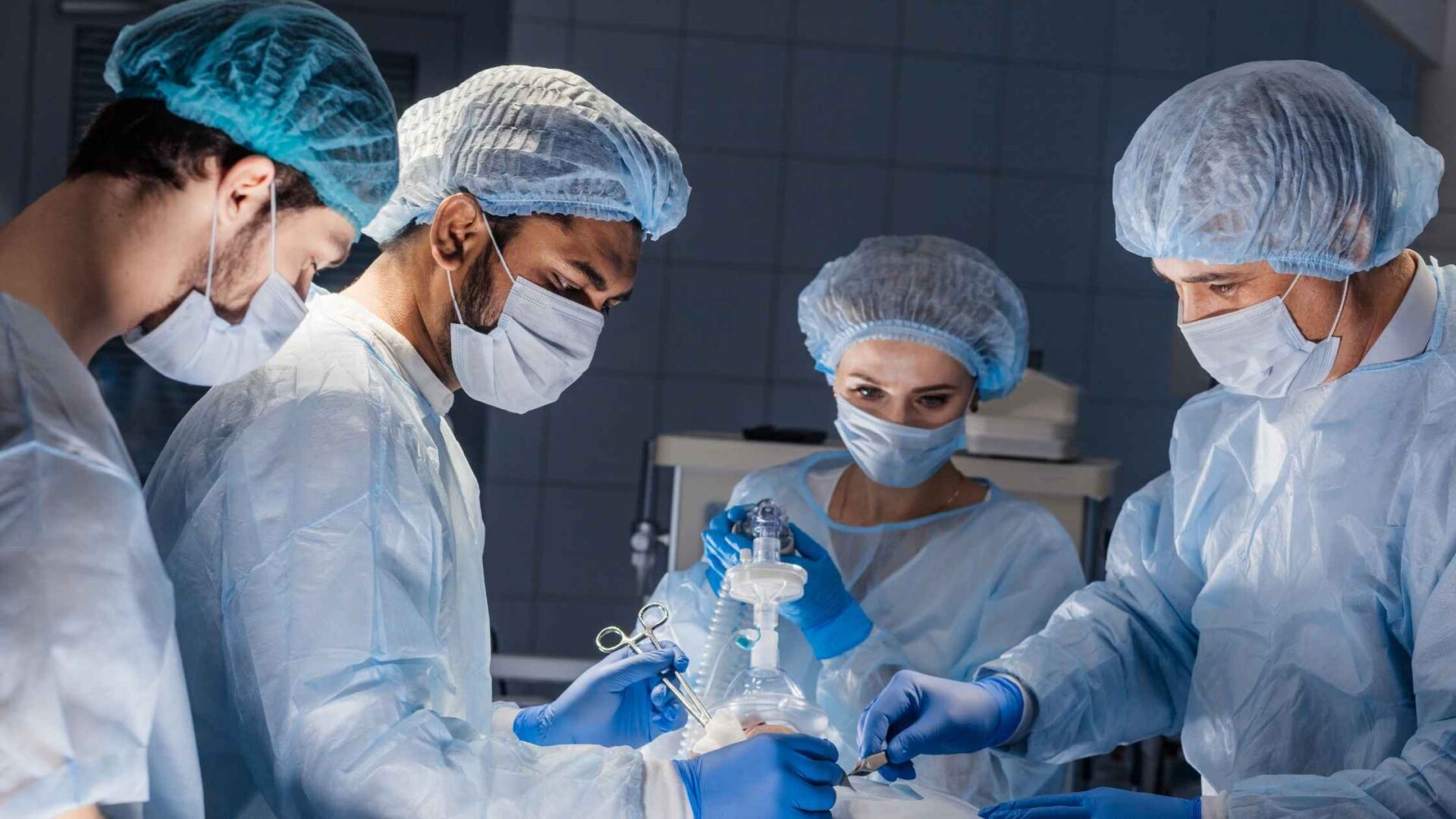
“This blog delves into the most effective surgical methods employed by colorectal surgeons to remove pilonidal cysts in 2025.” The objective is to provide patients with reliable, current medical information that will direct them to expert care and long-term relief.”
At Pilonidal Expert, we know how uncomfortable and aggravating a pilonidal cyst may be. A colorectal surgeon pilonidal cyst specialist can provide the accuracy and knowledge required if you are looking for quick, long-term treatment. As surgical methods develop in 2025, patients will have less intrusive choices, faster healing, and lower recurrence chances.
Let’s walk you through the most trusted surgical methods and important considerations when choosing the right path for your recovery.
Advanced Surgical Techniques for Pilonidal Cyst Removal in 2025

The Advanced Surgical Techniques for Pilonidal Cyst Removal in 2025 highlight the latest minimally invasive procedures including cleft lift EPSiT and the laser ablation. These approaches are typically recommended after a thorough consultation with a colorectal specialist, who assesses the cyst severity, recurrence history, and patient needs. Modern methods improve recovery, reduce recurrence and offer lasting relief for pilonidal cyst sufferers through precision care by expert colorectal surgeons.
- Cleft-Lift Procedure (Bascom Procedure): This technique remains a gold standard in 2025. The cleft-lift reshapes the gluteal fold and removes the cyst while flattening the area to prevent hair and debris from collecting again.
- Minimally invasive
- Quick recovery (within 2–3 weeks)
- Low recurrence rates (under 5%)
- Pit-Picking Surgery: Best for early-stage or small cysts, this outpatient procedure removes the hair and infected pits using small incisions.
- Performed under local anesthesia
- Short healing time
- Ideal for select patients
- Endoscopic Pilonidal Sinus Treatment (EPSiT): This technique uses a small camera and instruments inserted through a tiny opening.
- Visualizes and removes sinus tracts
- Minimal scarring
- High patient satisfaction
- Laser-Assisted Ablation: Colorectal surgeons increasingly use laser energy to ablate sinus tracts. This new approach minimizes tissue trauma and speeds up healing.
- Non-invasive
- Suitable for recurring cases
- Effective when paired with post-op care
These surgical methods are selected based on the cyst’s complexity, your medical history, and the likelihood of recurrence.
Finding a Colorectal Surgeon for Pilonidal Cyst Treatment

Effective treatment and long-term relief from pilonidal cysts depend on finding a trained colorectal surgeon. These specialists treat complex or recurrent rectal and anal cysts. A skilled surgeon may employ minimally invasive excision or cleft-lift surgery to prevent recurrence.
Here’s how to find the right surgeon:
- Search Based on Experience: Look for providers who specialize in recurrent or complex pilonidal cyst cases.
- Ask About Techniques: Some surgeons focus on cleft-lift, while others use EPSiT or laser. Confirm what’s available.
- Look Locally and Regionally: Searching for a colorectal surgeon pilonidal cyst near me can lead you to highly rated experts in your area.
- Check Reviews and Results: Patient testimonials and clinical outcomes offer valuable insight.
- Consultation Matters: Ask questions, understand the post-op plan, and ensure you’re comfortable with the team.
At Pilonidal Expert, we believe compassionate care, precise surgery, and proactive follow-up make all the difference in lasting recovery.
Factors Influencing Pilonidal Cyst Recurrence
Incomplete surgical removal, poor wound care, abundant body hair, and extended sitting might cause pilonidal cyst recurrence. Regrowth may occur if the cyst isn’t completely removed. Hygiene issues and friction from tight clothing also contribute. Individuals with a genetic predisposition or deep natal clefts are more prone to recurrence. Proper aftercare, hair removal, and lifestyle changes significantly reduce the risk. Understanding these factors is key to preventing future pilonidal cyst problems.
While modern surgical methods have reduced recurrence, some factors can still increase the risk:
- Genetics and Hair Growth: A deep natal cleft and coarse hair may make some individuals more susceptible.
- Poor Hygiene or Friction: Long periods of sitting, excessive sweating, or tight clothing can lead to reinfection.
- Incomplete Removal: When sinus tracts aren’t fully excised, recurrence is more likely highlighting the importance of choosing experienced surgeons.
- Lack of Post-Operative Care: Proper cleaning, hair removal, and wound care are vital. Many recurrences stem from missed follow-up or inadequate at-home routines.
We consequently stress patient education so that every person knows their own path of rehabilitation and how to prevent future problems.
What Are the Symptoms of Pilonidal Sinus?
Early detection of symptoms will enable you to receive treatment prior to the progression of the disease. ignoring a pilonidal sinus typically results in its swift deterioration.
Look for:
- Painful lump near the tailbone, especially when sitting.
- Redness or swelling at the top of the buttocks.
- Drainage of pus or blood.
- Foul-smelling discharge.
- Recurrent infections or tenderness in the same area.
- Fever in severe cases.
If you notice any of these signs, seek professional evaluation early. A quick response can mean simpler treatment options.
Conclusion
At Pilonidal Expert, we’re committed to offering the most advanced, patient-focused care in 2025. Whether you’re exploring cleft-lift surgery, EPSiT, or laser-based options, our expert team tailors treatment to your unique case. By working with a skilled colorectal surgeon pilonidal cyst specialist, you increase your chances of a smooth, successful recovery. Don’t let discomfort delay your healing let’s take the next step together.






